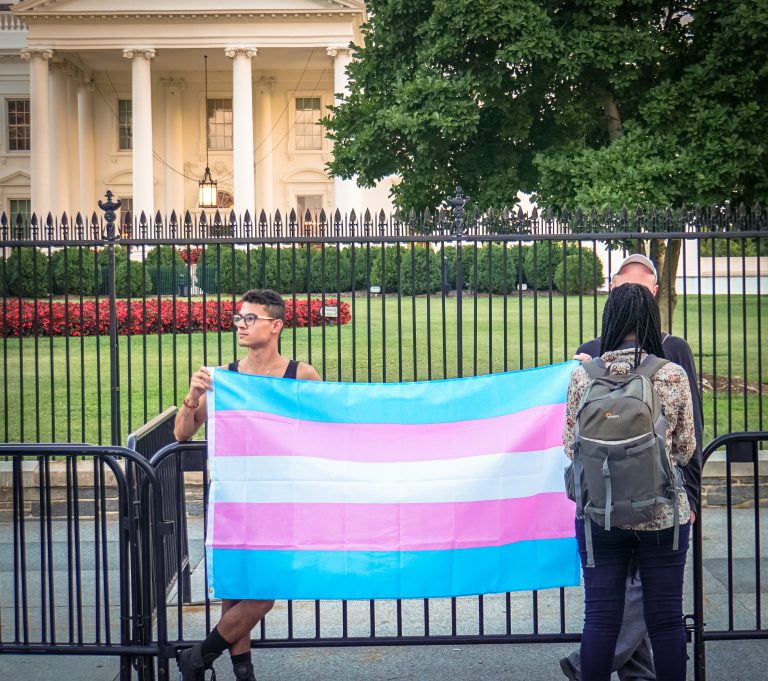The Illinois Department of Healthcare and Family Services will soon allow gender confirmation surgery to be covered by Medicaid.
That procedure, most often done to augment genitals and breasts, is used by transgender people who want their physical body match their gender identity. Not all trans people opt for surgeries, but many feel it’s necessary for their well-being.
“Covering gender affirming surgery fosters healthcare equity and inclusion,” said John Hoffman, the department’s spokesperson.
Hoffman said 1,400 Medicaid members in Illinois have been diagnosed with gender dysphoria and could potentially benefit from these services.
Some research has shown having gender confirmation surgery can improve the quality of life for transgender people.
“A delay in these treatments can cause significant emotional distress among transgender people who already face higher risks for mental health crises and suicide attempts,” said Gillian Branstetter, spokesperson for the National Center for Transgender Equality.
Patients who undergo medical treatment may have multiple surgeries, though the governor’s proposal only said Medicaid would cover genital and breast-related surgeries. In addition to those, some patients also seek facial surgery and sterilization.
Without insurance, the cost can be tens of thousands of dollars — something many patients can’t afford on their own.
“Like any significant surgical procedure, the out-of-pocket costs for these treatments can be exorbitant and a grave burden on any one person or family,” said Branstetter. “Also like any major surgery, however, there is a lack of transparency around the costs for these treatments, with costs sometimes changing even between doctors in the same network.”
Compounding the issue is the fact that the discrimination faced by the transgender community can lead to poverty. The National Center for Transgender Equality’s 2015 survey of transgender people found that nearly a third of U.S. trans people were living in poverty.
“We are three times as likely to be unemployed and twice as likely to live in poverty as the general public,” Branstetter said.
But while the costs to an individual may be high, Hoffman said the 17 states and the District of Columbia are already offering these services through Medicaid and haven’t seen significant cost increases from them.
“It is cost effective and helps avoid long- term health consequences,” he said.
The state Department of Healthcare and Family Services said it was developing the rules for this new option and there will be a public comment period at some point, though Hoffman said he didn’t know when or where that would be available for public participation. For now, under proposed rules, Medicaid members over 21 years old who are diagnosed with gender dysphoria will be eligible for genital and breast-related surgeries.
The department expects this to become available this summer.


